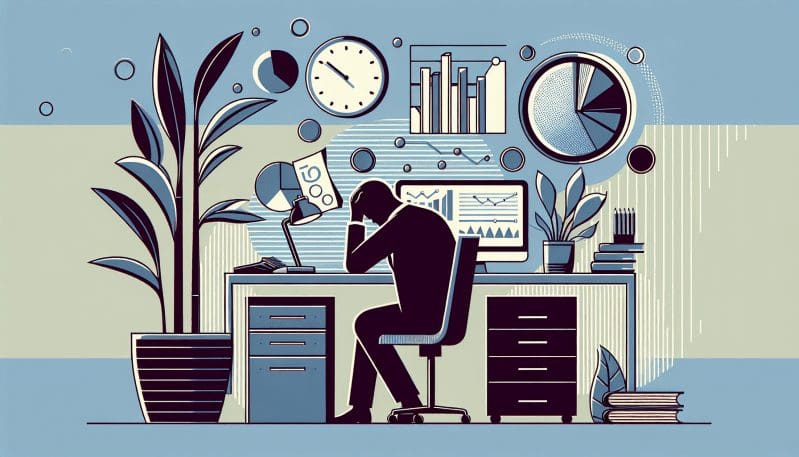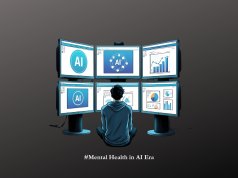In the heart of one of the world’s most vibrant and unrelenting cities, a silent epidemic is festering. It’s not a virus you can shield from with a mask, nor is it a seasonal illness that retreats with time. Its symptoms often go unnoticed, and its carriers might not even know they’re afflicted. This phenomenon is the mental health crisis of the modern workplace, and it has woven itself into the fabric of our professional lives, particularly in high-pressure environments like those found in New York City.
Employees across industries are waking up to the unpleasant buzz of anxiety, sitting through workdays clouded by depression, and attempting to navigate a corporate world that is only just beginning to acknowledge the full scope of mental well-being. As an Employee Rights Activist and your guide within The Work Times – the workplace’s own chronicle – we embark on a journey through the gray areas of mental health in our current work culture.
Our exploration must first acknowledge the staggering statistics: a significant portion of the workforce is suffering in silence. Workplace stress, anxiety, and depression cost economies billions in lost productivity, and yet, the topic remains cloaked in stigma and misunderstanding.
Employers, for their part, carry a responsibility – both moral and legal – to accommodate and support the psychological health of their employees. But how far does this duty extend? What are the invisible boundaries that companies navigate, and where is the line drawn between personal and professional care?
The legal framework surrounding mental health at work is complex and often region-specific. In New York, as in many other places, legislation like the Americans with Disabilities Act (ADA) provides some protections, but the roadmap for prevention and support is less clear-cut. Employers must tread carefully between respecting privacy and offering help, between fostering a culture of openness and inadvertently enabling discrimination.
To shed light on these topics, we’ve engaged with mental health professionals, legal experts, and – crucially – employees themselves, who have braved the stigma to share their stories. Through these conversations, a picture emerges of a workforce yearning for change and of companies that are beginning to pivot towards a more compassionate, holistic approach to employee welfare.
As we advocate for a healthier work environment, we suggest actionable steps for companies. These include implementing regular mental health screenings, providing comprehensive employee assistance programs, and creating an organizational culture that not only recognizes mental health as a priority but also actively promotes open discussion and support.
As you, the employers, policy-makers, and employees, digest this narrative, remember that mental health is not a destination but a continuous journey. It is both a personal challenge and a collective responsibility. Here at The Work Times, we stand with you at the crossroads of progress, championing a future where the silent epidemic is silent no more.
Join us as we delve into ‘The Silent Epidemic: Mental Health and the Modern Workplace’ – where empathy meets policy, where the human meets the corporate, and where every story shapes the blueprint for a healthier, more supportive professional world.




























